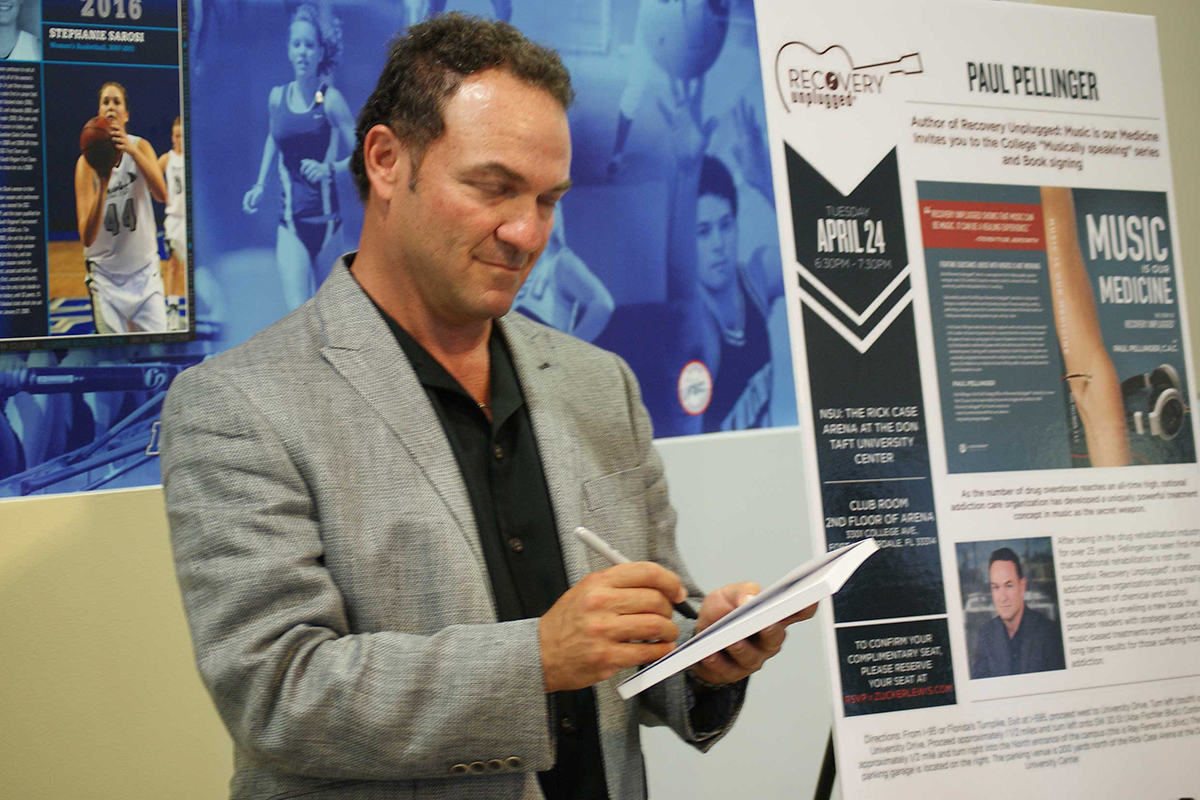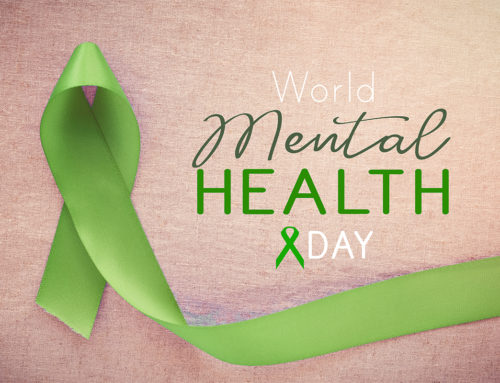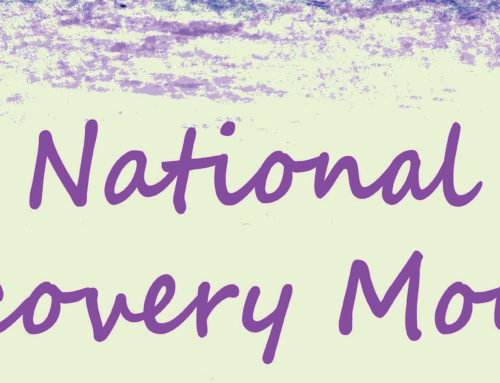When we’re getting ready for surgery, all kinds of heavy and important things go through our heads: Are our affairs in order in case anything happens? How long will it take us to recover? How will we feel when we wake up? Did we unplug the coffee pot and feed the dog? Whatever we have going on before we go under, it can leave us incredibly anxious to say the least. New research shows, however, that a little pre-op pop (or punk, classical or whatever else we prefer) can have us breathing a little easier before the anesthesia kicks in.
According to Dr. Veena Graff, one of the authors of a recent study examining the impact of music on patients prior to surgery, “Music lights up the emotional area of the brain, the reward system and the pleasure pathways.” Studies such as these have shown that music works just as well, if not better, than drugs when reducing patients’ anxiety prior to undergoing surgery. Music may also even be a viable option in helping reduce patient pain and anxiety postoperatively, and is a flexible enough option and catalyst for healing that it can be adapted to a variety of medical teams and clinical settings.
Gauging How Music Affects Anxiety in Medical Settings
Music is a non-invasive, safe, inexpensive, and easily accessible intervention method that has been proven to help ease patients through the operative process. Not one, but two separate studies have observed and recorded data that prove how music and what is referred to as “music medicine” helps reduce anxiety in pre-operative patients. Feeling anxious prior to undergoing surgery can affect the amount of stress hormones produced by the body, which in turn can cause fluctuations in the body’s hemodynamics and the rate at which the patient will recover post-surgery.
The first study, in an effort to gauge whether music would be a viable alternative, administered the drug midazolam to one control group while playing three minutes of the song “Weightless” by Marconi Union, sometimes referred to as the “world’s most relaxing song,” on noise-cancelling headphones for the other group. All of the patients received a general anesthetic nerve block in order to prepare them for operation during the period of time in which they were either listening to music or experiencing the effects of the sedative.
In an effort to keep the study as objective as possible, all anxiety scores were determined by the STAI-6, also known as the Spielbergers’s validated tool. Researchers’ primary goal in this study was to compare the STAI-6 anxiety scores between the study groups both before and after the injection of the nerve block. While this particular study concluded that music medicine was more effective than midazolam in reducing anxiety, secondary outcomes indicated that patients had expressed dissatisfaction with the barriers in communication while wearing noise-cancelling headphones. Patients also indicated that they would have felt more at ease listening to their preferred choice of music.
In a second study that produced parallel results, 26 trials were conducted with a total of 2051 participants who had the ability to choose from a selection of pre-recorded tracks. These answers and the amounts of anxiety experienced were also measured by the STAI-S, and patients were also divided into study groups that were either administered a sedative or their selection of music from a range of tracks.
We’ve Known All Along: Music is our Medicine
Music’s powers are boundless and can change lives and promote healing in a variety of ways. Music medicine is virtually harm-free, low-cost, and has been proven to decrease anxiety and promote healing not only in the medical world, but also in the world of recovery. It’s important that when discussing music medicine, we recognize the difference between passive implementation of music by medical and clinical personnel and true music therapy, which requires personally tailored musical intervention implemented by a trained musical therapist as part of a therapeutic process.
Many of the professionals involved in these studies of music medicine came to the same conclusion that I did when creating the method here at Recovery Unplugged– music can be used in conjunction or even as a replacement for some medications that bring more adverse effects than positive outcomes. Several studies over the course of the years have only continued to support the fact that music medicine and music interventions provide viable alternatives to traditional methods of approaching medical and clinical procedures.
Music has improved the lives of millions over the course of time. It’s helped ground people struggling with dementia, has helped improve the quality of life for children on the autism spectrum, has helped people undergoing brain surgery maintain their motor skills, and has saved hundreds of people who have struggled to be released from the jaws of addiction. Music touches souls and calms nerves even when facing the most triggering and anxiety-inducing situations. Music medicine and music assisted treatment works, and that’s why music is our medicine.







